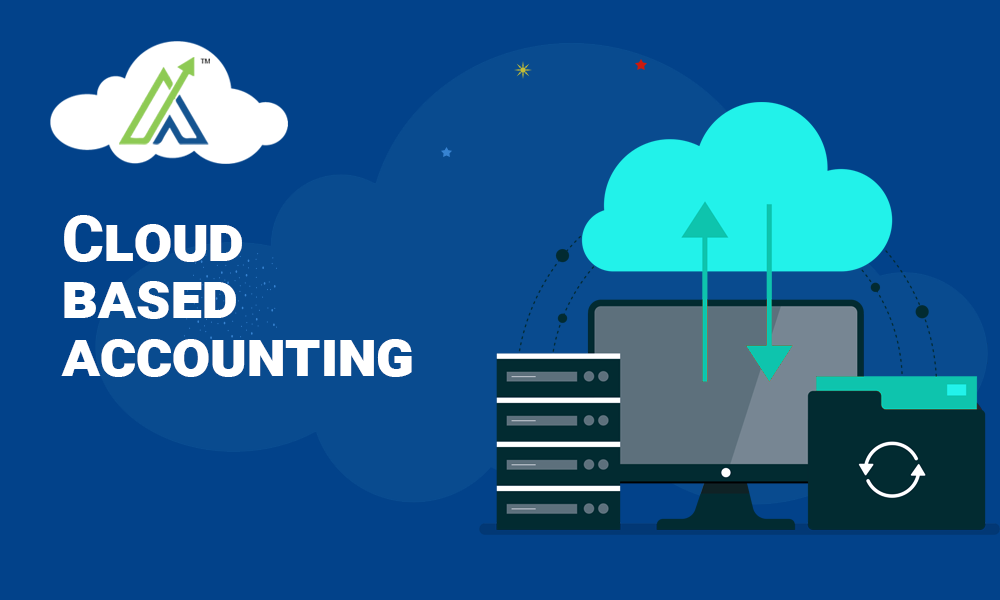Cloud-based accounting refers to the utilization of accounting software and services that are hosted on remote servers and accessed over the internet, as opposed to relying on locally installed software. In this model, financial data is stored and processed on servers maintained by a third-party provider, and users can access the software and their financial information through a web browser.
The key features and advantages of cloud-based accounting include:
- Accessibility: Users can conveniently access their accounting data from any location with an internet connection. This flexibility is particularly beneficial for businesses with remote teams or individuals requiring on-the-go financial management.
- Collaboration: Cloud-based accounting systems often incorporate collaborative features, allowing multiple users to work on financial data concurrently. This enhances teamwork and communication among accountants, business owners, and other stakeholders.
- Real-Time Updates: Changes made to financial data are immediately reflected, providing users with the most up-to-date information. This real-time functionality is crucial for making informed business decisions and staying on top of financial transactions.
- Automation: Many cloud-based accountings solutions provide automation features for routine tasks like invoicing, expense tracking, and reconciliation. Automation can save time and reduce the risk of manual errors.
- Scalability: Cloud-based accounting software is designed to scale with the needs of a business. As a company grows, it can effortlessly upgrade its subscription or add features without requiring extensive IT infrastructure changes.
- Security: Reputable cloud accounting providers implement robust security measures, including encryption and regular data backups, to protect sensitive financial information from unauthorized access or loss.
- Cost Savings: Cloud-based accounting eliminates the need for businesses to invest in and maintain on-premises hardware and infrastructure. Users typically pay a subscription fee, and software updates are often included in the service.
8.Integration: Many cloud accounting solutions seamlessly integrate with other business applications, such as customer relationship management (CRM) software, payment gateways, and e-commerce platforms. This integration streamlines workflows and enhances overall efficiency.
Aicountly is catering to a diverse range of businesses, from entrepreneurs and small enterprises to larger organizations.
In summary, cloud-based accounting offers a contemporary and efficient approach to managing financial data, equipping businesses with the tools needed to stay organized, make informed decisions, and adapt to evolving financial landscapes.

